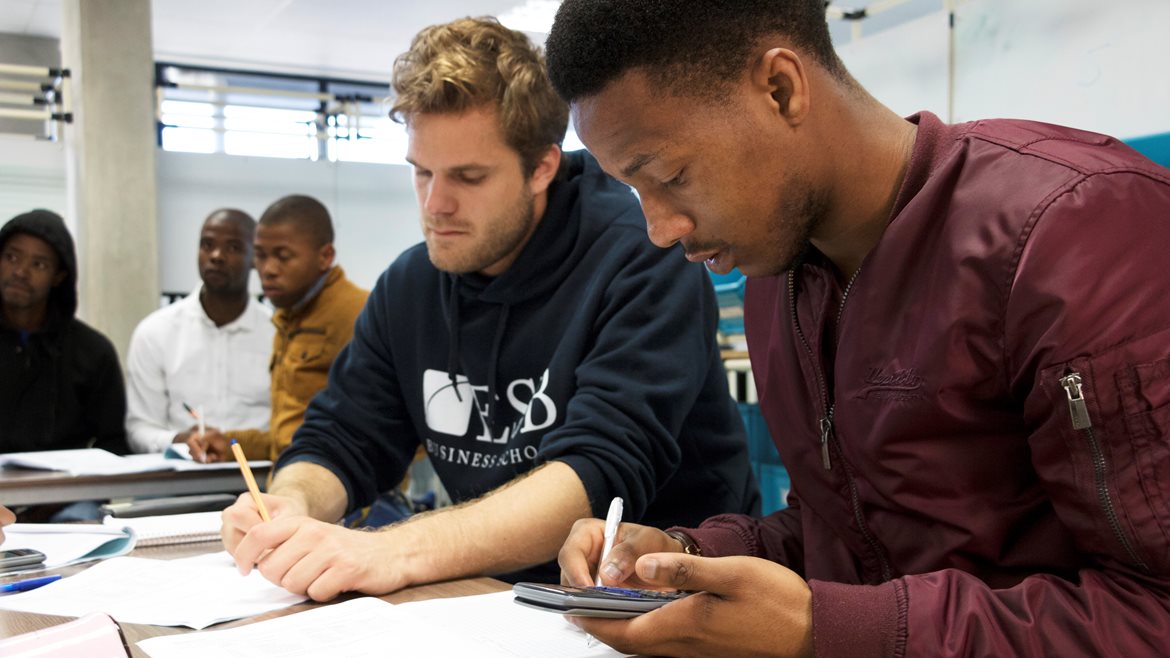In this blog, we will review eight key study skills that can help you ace your exams, as well as provide additional tips for improving your study habits and motivation.
1. Set realistic goals
One of the most important things you can do to improve your study skills, is to set realistic goals. When you have unrealistic goals, you are more likely to become discouraged and give up. Instead, break down your larger goals into smaller, more manageable tasks. This will make your studying seem less daunting and more achievable.
For example, if you have a big exam coming up, don't try to cram the entire course material into the night before. Instead, start studying early and set aside specific times each day to review your notes and practice your problem-solving skills.
2. Find a quiet place to study
It is important to find a quiet place where you can focus on your studies without distractions. This could be your bedroom, a library, or even a coffee shop. If you find that you are easily distracted, try using earplugs or noise-cancelling headphones.
3. Take breaks
It is also important to take breaks while you are studying. This will help you stay focused and avoid burnout. Get up and move around every 20 to 30 minutes or take a few minutes to stretch or close your eyes.
4. Use active learning strategies
Active learning strategies are more effective than passive ones. This means that you should engage with the material instead of just reading it or listening to a lecture. Some active learning strategies include:
-
Taking notes
-
Highlighting important information
-
Making flashcards and mind maps
-
Studying with a friend
-
Explaining the material to someone else
5. Review your notes regularly
Don't wait until the night before your exam to review your notes. Review them regularly throughout the term so that the material is fresh in your mind. This will also help you identify any areas where you need more practice.
6. Get enough sleep
Getting enough sleep is essential for good memory and concentration. Aim to get seven to eight hours of sleep each night before an exam.
7. Eat a balanced breakfast
Eating a balanced breakfast will give you the energy you need to focus and concentrate during your study session. Avoid sugary foods and drinks, which can make you feel jittery and anxious.
8. Manage your stress
Excessive stress can interfere with your ability to study effectively. Find healthy ways to manage your stress, such as exercise, relaxation techniques, starting to learn well ahead of time, or spending time with friends and family.
These are just a few of the key study skills that can help you ace your exams. By following these tips, you can improve your study habits and motivation, and ultimately achieve your academic goals.
Additional tips for improving your study skills:
-
Find a study buddy or join a study group.
-
Use online resources (quizzes, guides, or past papers) to supplement your studies.
-
Attend any additional tutoring opportunities where possible.
-
Ask questions in class.
-
Don't be afraid to make mistakes.
-
Celebrate your successes!
We hope these tips help you improve your study skills. Good luck with your exams!
